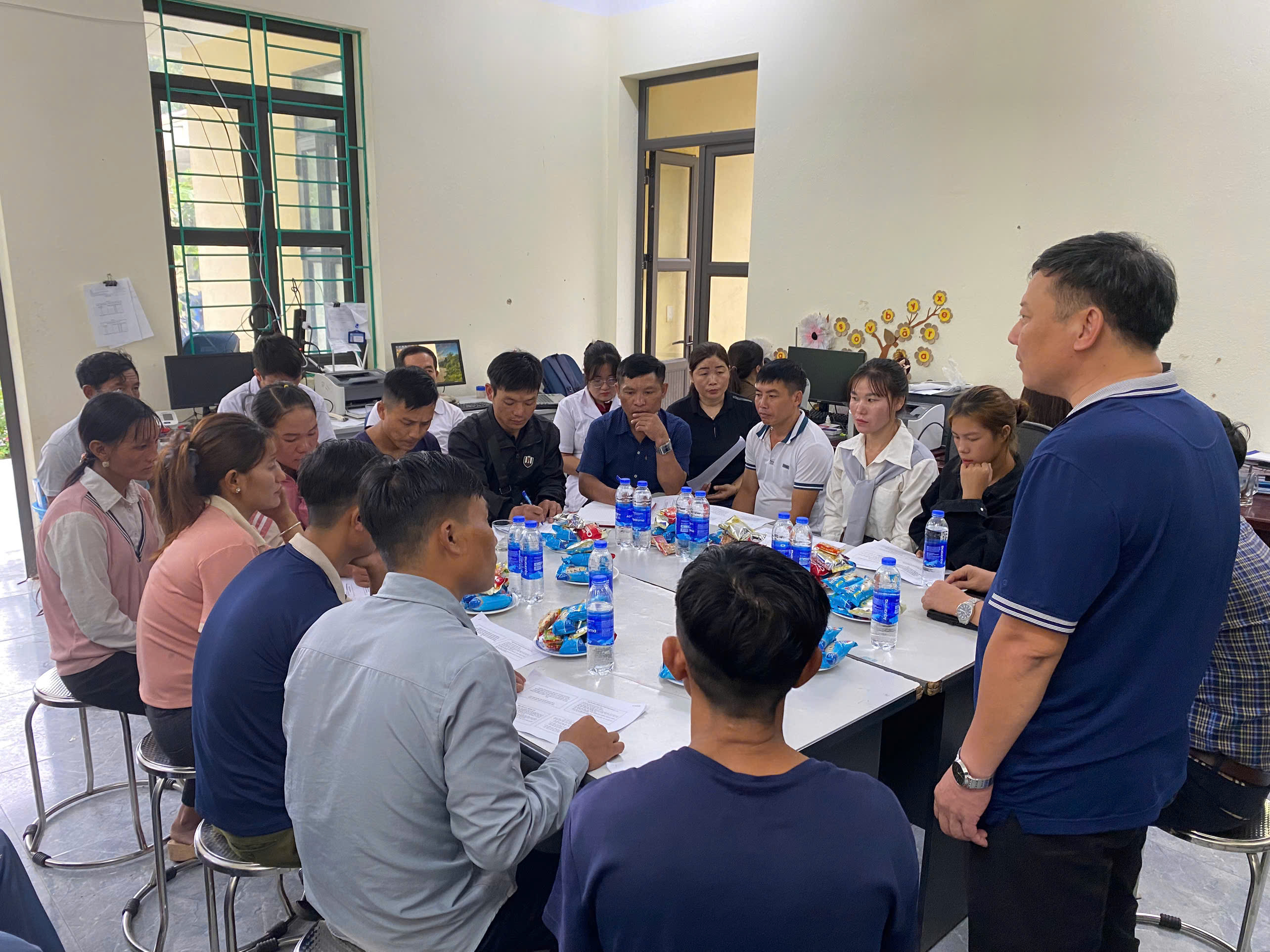.jpg)
Hon Dr Élia António de Araújo dos Reis Amaral, Minister of Health for Timor-Leste, joined a panel discussion alongside Hon Dr Lino Tom, MP, Minister for Health of Papua New Guinea, and Hon Dr Paul Popora Bosawai, Minister of Health and Medical Services of the Solomon Islands at the 8th Asia Pacific Leaders’ Summit on Malaria Elimination on 6 June 2024 in Port Moresby, Papua New Guinea. Throughout the discussion, titled "Committing to the Malaria Elimination Goal: Strengthening Regional Collaboration for Malaria Elimination", Hon Dr Amaral answered important questions on the role of integration and strengthening regional collaboration as Timor-Leste approaches malaria-free distinction.
How can integrated approaches support the acceleration of disease elimination efforts for achieving better health outcomes in populations?
“Integrated approaches offer a promising pathway to accelerate malaria elimination efforts and achieve better health outcomes and malaria free status in the Asia-Pacific region. By harnessing collaboration, innovation, and community participation, we can overcome the challenges of limited resources and competing priorities, and ultimately realize our shared vision of a malaria-free future."
- Hon Dr Élia António de Araújo dos Reis Amaral, Minister of Health for Timor-Leste
The Honourable Minister emphasized that Timor-Leste's integrated approach to tackling malaria and other diseases fosters collaboration, innovation, and community participation. This collaborative approach helps overcome challenges posed by limited resources and competing priorities.
Timor-Leste's Ministry of Health has implemented an integrated health service delivery system that encompasses disease-specific programmes like malaria within its primary healthcare services. Clinicians and health officers conduct home visits to assess families' health and address a wide range of issues, including malaria. This programme integrates malaria control activities by:
• Screening all patients with a fever history in the past two weeks.
• Recording travel history and tracking migration patterns of individuals coming from or returning to malaria-endemic countries.
• Monitoring the use of Long-Lasting Insecticide Nets (LLINs).
The Comprehensive Service Package for Primary Healthcare, developed in 2015, has been effectively implemented nationwide since then.
Having achieved significant progress in malaria reduction and striving to reach and maintain its malaria-free status, Timor-Leste plans to expand their malaria programme into a more comprehensive vector-borne disease programme. This will include controlling mosquito-borne illnesses like dengue and chikungunya, which remain major public health concerns in the country.
What is the role of regional collaboration in achieving the common goal of a malaria-free Asia Pacific?
“Through effective regional collaboration, resource mobilization, and accountability mechanisms, we believe that together, we can overcome the challenges of malaria and create a healthier, more prosperous future for all.”
- Hon Dr Élia António de Araújo dos Reis Amaral, Minister of Health for Timor-Leste
The Honourable Minister emphasized the critical role of regional collaboration in achieving a malaria-free Asia Pacific region. Drawing from Timor-Leste's successful experience collaborating with Indonesia and other regional partners, Dr Amaral outlined three key strategies for effective collaboration:
First, enhanced cross-border collaboration through the establishment of joint task forces or working groups with neighbouring countries to facilitate regular communication, information sharing, and coordinated planning of malaria elimination and prevention activities. She stressed that harmonization of malaria control strategies and interventions across borders is crucial to ensure consistency and effectiveness.
Second, pooling financial and technical resources, leveraging donor support, and engaging in collaborative research and innovation are essential for addressing common challenges and capitalizing on shared opportunities.
Third, strengthening accountability mechanisms is important both nationally and regionally. At the national level, clear targets, milestones, and indicators for malaria elimination should be established and monitored. Additionally, the establishment of regional accountability mechanisms, such as peer reviews and mutual assessments, would promote transparency, information sharing, and mutual accountability among countries in the fight against malaria.

To ensure stronger regional collaboration, Hon Dr Amaral joined Ministers of Health from Indonesia, Papua New Guinea, Solomon Islands, and Vanuatu in launching the Eliminating Malaria and other Vector Borne Diseases through Enhanced Regional Partnerships (EDEN) Initiative. This Initiative will help establish a regional support mechanism to boost effectiveness and efficiency in tackling programmatic needs, technical capacity building, and financing for malaria elimination and other vector-borne diseases.
.svg)









